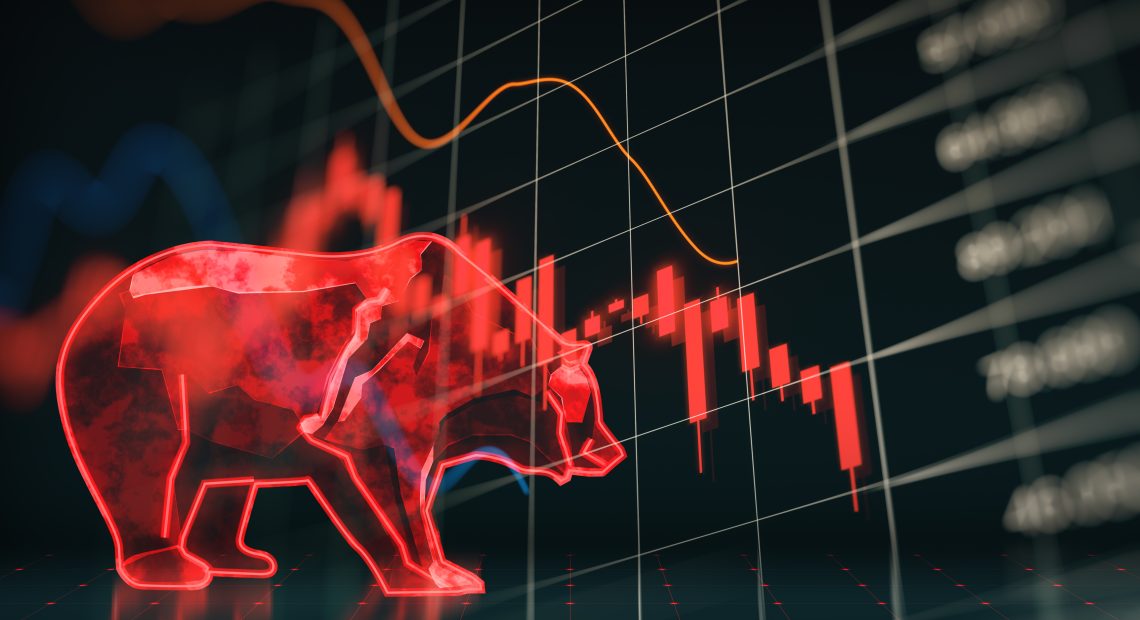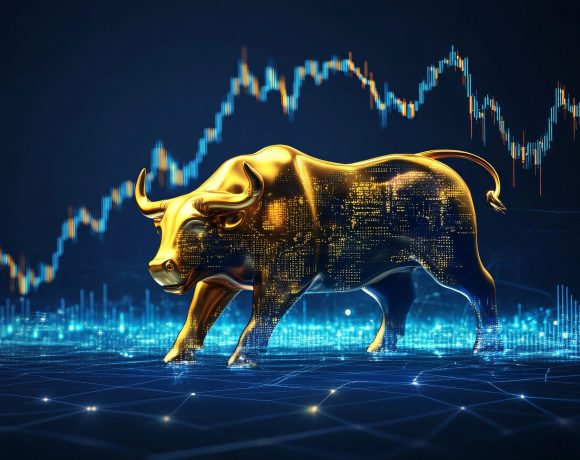
Global Stock Markets Crash on ‘Black Monday’ Amid Trade War Fears
Global financial markets were sent into a tailspin on April 7, 2025, in what is being described as “Black Monday,” as fears of a full-scale trade war triggered massive sell-offs across Asia, Europe, and beyond. Investor panic, fueled by the rapid escalation of tariffs and economic uncertainty, led to one of the most widespread market meltdowns in recent years.
In Asia, Japan’s Nikkei 225 suffered a staggering 7.8% drop, triggering a temporary halt in futures trading. Banking stocks were among the worst affected, with major institutions like Mizuho Financial Group and Mitsubishi UFJ Financial Group witnessing double-digit losses. Hong Kong’s Hang Seng Index plunged 13.5%, while China’s Shanghai Composite slid 7.3%. South Korea’s Kospi index also reported a sharp 5.6% decline.
The market rout quickly spread to Europe, where Germany’s DAX dropped by 6.5%, France’s CAC 40 fell by 5.7%, and the UK’s FTSE 100 declined 4.5%. Panic among investors was driven by a combination of collapsing global confidence and fears that trade tensions between major economies were spiraling out of control.
Australia’s stock market was not spared, with the S&P/ASX 200 plunging over 6% and wiping out an estimated $160 billion in market value. The Australian dollar also took a hit, falling below 60 U.S. cents—a five-year low.
U.S. futures painted a grim picture for the upcoming trading session. S&P 500 futures dropped 4.8%, Dow Jones Industrial Average futures lost 4%, and Nasdaq futures fell 5.3%, signaling the likelihood of further carnage on Wall Street.
The core catalyst for the crash was the intensification of the U.S.-China trade war. A new round of tariffs—34% on Chinese goods—was announced by the U.S., with China responding in kind. While some policymakers defended the move as a necessary correction, investors viewed it as a destabilizing escalation with global consequences.
Analysts warned that the surge in tariffs could trigger inflation, disrupt supply chains, and seriously impair corporate profitability. In response, markets saw a rush toward safe-haven assets, with currencies like the Japanese yen gaining strength and oil prices slipping amid global demand concerns.
This sudden and sweeping sell-off has once again exposed the volatility of global financial systems in the face of geopolitical risk. Investors and analysts alike now await responses from central banks and governments, hoping for measures to calm markets and restore confidence. Until then, uncertainty looms over the global economy, with recession fears growing stronger by the day.


















